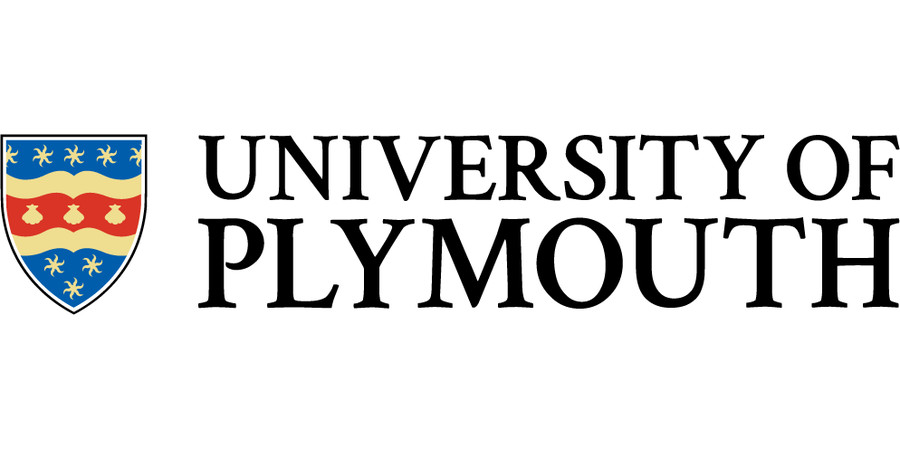OcEn PhD studentship: T01A12 - A Modelled Multi-species Seabird Windfarm Mitigation Strategy
University of Plymouth - Environmental Sciences
| Qualification Type: | PhD |
|---|---|
| Location: | Plymouth |
| Funding for: | UK Students, International Students |
| Funding amount: | The studentship is supported for 3.5 years and includes tuition fees plus a stipend of £19,237 per annum 2024-25 rate. |
| Hours: | Full Time |
| Placed On: | 8th November 2024 |
|---|---|
| Closes: | 15th November 2024 |
| Reference: | T01A12 |
Funding for: UK Students, Overseas Students
Funding amount: The studentship is supported for 3.5 years and includes tuition fees plus a stipend of £19,237 per annum 2024-25 rate.
Lead Supervisor: Dr Emma Sheehan, University of Plymouth
Secondary Supervisor: Professor Lars Johanning, University of Plymouth
Third Supervisor: Professor Beth Scott, b.e.scott@abdn.ac.uk, University of Aberdeen
International Supervisor: Dr Curran Crawford, curranc@uvic.ca, University of Victoria;
Dr Shana Lee Hirsch, slhirsch@uw.edu, University of Washington
Applications are invited for a 3.5-year PhD studentship. The studentship will start on 1 April 2025
Project Description
The UK Government has committed to be at the forefront of the green industrial revolution by accelerating progress towards our legally binding 2050 net zero emissions by creating a new target for floating offshore wind (FOW) to deliver 1GW of energy by 2030. This is over 15 times the current volumes worldwide and is concomitant with the Crown Estate declaring its ambition to unlock up to 4.5GW of new clean energy capacity in England and Wales. Similar, the United States transition to renewable energy is also ambitious, with the country working toward a goal of installing 30 gigawatts of offshore wind energy capacity by 2030 and 15 gigawatts of floating offshore wind energy capacity by 2035. However, there is now an extensive body of research on the potential impacts of offshore wind installations on biodiversity and these have played an important role on the pace of consenting processes and location of individual arrays. In particular, there is justifiable concern about the effects that windfarms may have on seabird populations via direct mortality, cost of avoidance and habitat loss, but the need for renewable energy generation at scale has never been more acute. To date, most work has focussed on describing how such installations may impact individual birds and it has proved much harder to assess any demographic consequences. More importantly ecologists and windfarm engineers have largely worked independently and as such many potential routes to mitigation, particularly with respect to array configuration, size, orientation, and colocation of installations remain unexplored.
This project aims to develop a mitigation tool that considers seabird behaviour to introduction of offshore wind farms configuration options. This will help to de-risk investment, mitigate environmental impact at both a species and population level, and optimize the build programme by incorporating mitigations throughout the design process. The aim is to develop a mitigation tool that considers seabird behaviour to introduction of offshore wind farms configuration options that limit their impact on biodiversity while remaining economically viable across multiple scales.
Eligibility
Applicants should have a first or upper second-class honours degree in an appropriate subject and either a relevant master's qualification or a wider range of experience in a relevant career path (which is equally as important).
The studentship is supported for 3 years and 6 months. All PhDs will be eligible for the full award – both the stipend to support living costs (£19,237 per academic year 2024/25 rate) and tuition fees at the research organisation's UK or international rate.
How to apply
The application process has two stages. In the first stage, applicants are asked to send a CV and a Statement of Intent (max. two pages) describing their background and commitment to the research topic to the OcEn lead Professor Lars Johanning at lars.johanning@plymouth.ac.uk.
The deadline for applications is 15 November 2024.
Advert information
Type / Role:
Subject Area(s):
Location(s):









